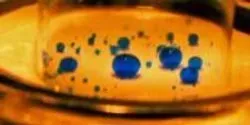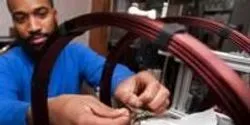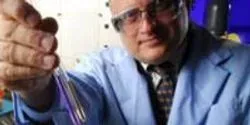Energy

Membrane developed by MIT researchers can separate even highly mixed fine oil-spill residues.

A team of clean energy researchers at the University of British Columbia has received a $500,000 grant to commercialize a new technology that converts excess carbon dioxide and wastewater from the oil and gas sector into reusable water and valuable chemicals. This development could serve the dual purpose of reducing global carbon dioxide emissions and addressing the issue of decreasing global water reserves.

Clemson University plant breeders released 21 new crop varieties that can help grow food, fiber and fuel.

The University of Washington is receiving a $31.2 million gift from Washington Research Foundation to boost entrepreneurship and support research that tackles some of society’s most crucial challenges.

Eastern Illinois University continued its dedication to clean energy on April 25 by opening its new research facility, Center for Clean Energy Research and Education (CENCERE), dedicated to alternative fuel exploration.

As hydrogen fuel cell vehicles continue to roll out in increasing numbers, the infrastructure for fueling them must expand as well. To this end, a new project launched by the Energy Department and led by Sandia National Laboratories and the National Renewable Energy Laboratory (NREL) will work in support of H2USA, the public private partnership introduced in 2013 by the Energy Department and industry stakeholders to address the challenge of hydrogen infrastructure.














